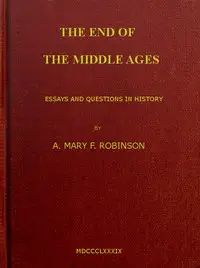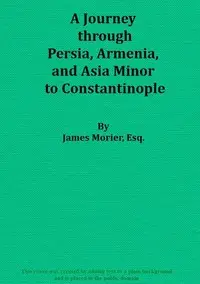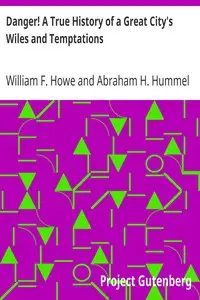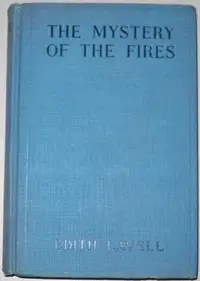"A Poor Wise Man" by Mary Roberts Rinehart is a novel written during the early 20th century. The story unfolds in a city marked by stark contrasts of beauty and ugliness, where people from various backgrounds seek work and belonging. The main character, Lily Cardew, has recently returned home after her time in an army camp and navigates a complex familial landscape as she re-establishes her place in her family's rigid social structure. The opening of the book immerses the reader in the atmospheric cityscape and introduces Lily as she observes the arrival of immigrants at the railway station. Her cheerful reunion with her mother, Grace, highlights the strained dynamics within the Cardew family, particularly their relationships with the authoritative grandfather, Anthony. As they share memories, Lily grapples with the burdens of her legacy, questioning traditional values and contemplating her future. The narrative sets the stage for an exploration of class, identity, and personal growth against the backdrop of a changing society, hinted at through Lily’s evolving perspective on her family and the world around her. (This is an automatically generated summary.)
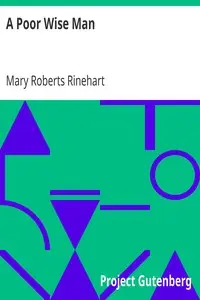
A Poor Wise Man
By Mary Roberts Rinehart
"A Poor Wise Man" by Mary Roberts Rinehart is a novel written during the early 20th century. The story unfolds in a city marked by stark contrasts of ...
Mary Roberts Rinehart was an American writer, often called the American Agatha Christie. Rinehart published her first mystery novel The Circular Staircase in 1908, which introduced the "had I but known" narrative style. Rinehart is also considered the earliest known source of the phrase "the butler did it", in her novel The Door (1930), although the exact phrase does not appear in her work and the plot device had been used prior to that time. She also worked to tell the stories and experiences of front line soldiers during World War I, one of the first women to travel to the Belgian front lines.







